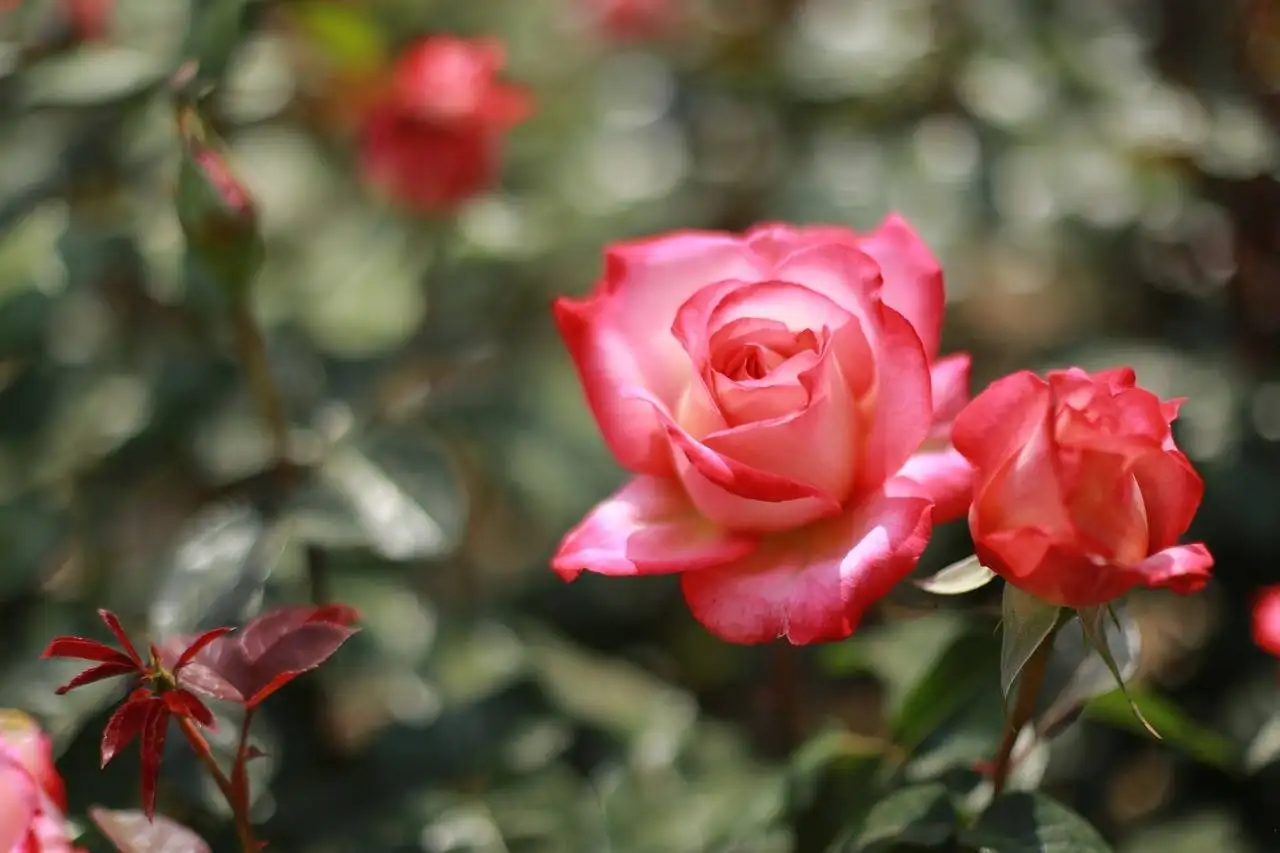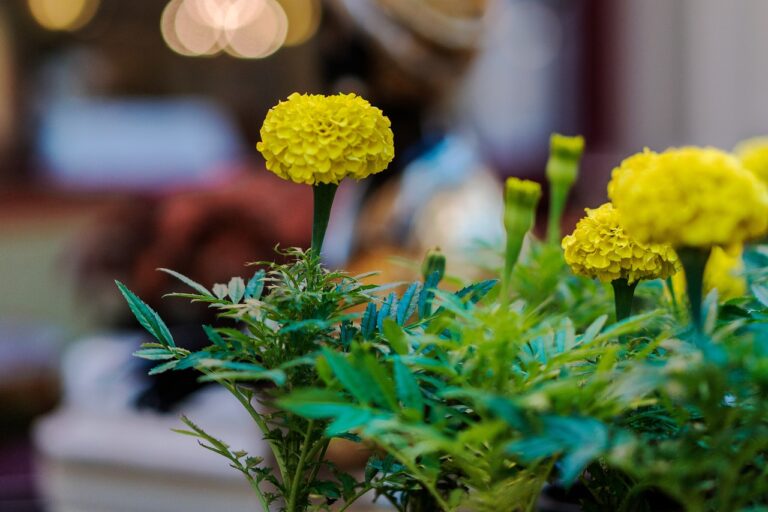The Role of Florists in International Trade: Betbhai9.com whatsapp number, Radhe exchange id, Lotus365 login
betbhai9.com whatsapp number, radhe exchange id, lotus365 login: Florists play a crucial role in international trade by facilitating the exchange of flowers and floral products across borders. Their expertise in sourcing, arranging, and preserving flowers allows them to connect buyers and sellers from different countries, contributing to the growth of the global floral industry. In this blog post, we will discuss the various ways in which florists impact international trade and the challenges they face in this dynamic market.
Importance of Florists in International Trade
Florists serve as intermediaries between flower producers and consumers worldwide. They source flowers from different regions, ensuring a diverse selection of blooms for their customers. By importing flowers from countries with favorable growing conditions, florists can offer a year-round supply of fresh and exotic blooms, regardless of the local climate.
In addition to sourcing flowers, florists also play a vital role in preserving the quality and freshness of floral products during transportation. They use specialized techniques and equipment to ensure that flowers reach their destination in optimal condition, ready for sale or arrangement. This attention to detail is essential in maintaining the reputation of the floral industry and meeting the expectations of discerning customers.
Furthermore, florists contribute to the cultural exchange between nations through the trade of unique and indigenous flowers. By introducing exotic blooms from different countries, they promote cross-cultural appreciation and understanding, enriching the floral landscape with a diverse array of floral designs and arrangements.
Challenges Faced by Florists in International Trade
Despite the many benefits of international trade, florists face several challenges in conducting business across borders. One of the most significant obstacles is navigating the complex regulations and restrictions governing the import and export of flowers. Different countries have varying phytosanitary requirements, tariffs, and customs procedures, which can complicate the trading process and increase costs for florists.
Another challenge is the perishable nature of flowers, which requires careful handling and transportation to prevent wilting or damage. Fluctuations in temperature, humidity, and air quality during shipping can affect the quality of flowers, leading to losses for florists. To mitigate these risks, florists must invest in proper packaging, storage, and logistics solutions to maintain the integrity of their floral products.
FAQs
Q: How do florists source flowers internationally?
A: Florists source flowers internationally through direct partnerships with growers, flower auctions, wholesalers, and online marketplaces.
Q: What are the popular global flower trading hubs?
A: The Netherlands, Colombia, Ecuador, Kenya, and Thailand are popular global flower trading hubs known for their diverse selection of high-quality blooms.
Q: How do florists ensure the freshness of imported flowers?
A: Florists ensure the freshness of imported flowers by using temperature-controlled transportation, hydration solutions, and proper handling techniques to preserve the quality of blooms during transit.
Q: What are the emerging trends in international floral trade?
A: Emerging trends in international floral trade include the demand for sustainable and eco-friendly flowers, the rise of online flower sales, and the increasing popularity of unique and exotic blooms from different regions.







